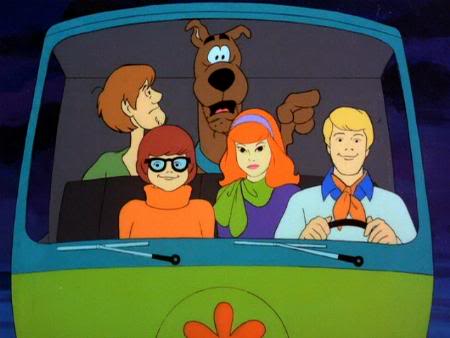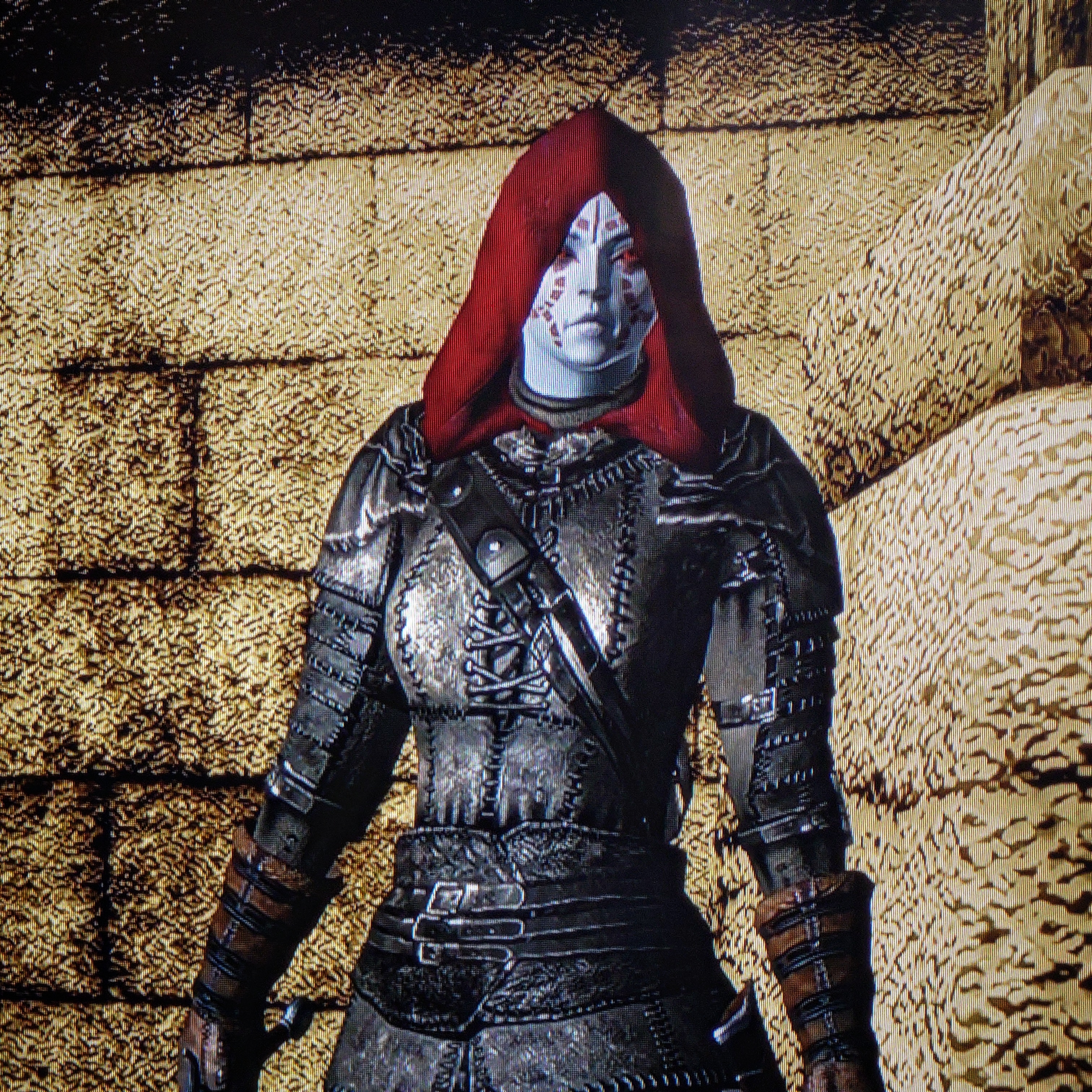
I think they are usually a good thing. Someone says something incorrect or mean they get downvoted. But like anything else they can be misused as well. I do remember getting downvoted for posts I couldn’t see anything wrong with, but life and people are like that and once I made peace with that fact I was fine with it.

Tested it

I love them. It’s really good for communities to have a way for people to express opposition other than posting a response, and even better when it results in those controversial comments being de-boosted. A lot of other social networks would be much better off if they allowed that sort of reaction from their users.

The buttons should be either 'insightful ’ or ‘funny’
And those should be the only options you get.

They’re alright. I think it’s good to have server owners decide whether to disable or not. For Beehaw it works well as it promotes and encourages discussion positively.
Downvoting misinformation and off-topics is good, but oftentimes it’s used for disagreement which isn’t good imo.

Yum tasty downvotes. Its only the internet, it can be very fickle.

I’ve always been on the fence about downvotes. On one hand, they can be a quick way to let someone know they did something wrong or that you don’t agree with them. However, on the other hand, they can be abused for nefarious purposes if there isn’t some form of internal moderation.
If you have a good reason to remove downvotes, I’ll support it, but otherwise it’s probably better to just keep them.

I think it’s good.
I also don’t mind that it’s more popularity than relevance nowadays, at least not for places like Lemmy. More popular means likely, more people want to see it (as most people like this more than other things). Which means in a way, it’s more relevant to the audience (as in, closed to what the audience wants to see). Especially on a federated space, an alternative can easily be made about the same topic if two groups of people feel strongly different about what is good content and what not.
When you only see the upvotes, you don’t see how many people didn’t like it. A seemingly very liked post might have even more people dislike it, and so on average be a disliked post. But you never know and may think that that is what the community wants to see. It just too one-sided.
When likes and disliked even out, popularity is more transparent. Since you can see both up- and downvotes, you can see how many people liked and disliked it. It may be because they disagree, because they think the post is stupid, or because it’s spam. But in the end it doesn’t matter much. They didn’t like the post.
Having both gives you a good average, and since you can see from how many up- and downvotes the number comes (so you can also see the difference between popular posts with divided people, or post that are just not popular at all getting a few votes) I really see nothing wrong with it.
I feel like disabling downvotes only benefits those who like to spam, those who think anyone who doesn’t agree with them and loves them is horrible, and those who want twist to narrative to be able to say “see, I have so much likes so I’m right! They all agree with me!” while hiding the amount of people disagreeing.
Different people like and dislike stuff. If people like your posts, you’ll get more upvotes. If people dislike it, you get more downvotes. And that’s ok. People disliking something you typed on the internet isn’t the end of the world, nor is people liking what you typed some ultimate achievement. A downvote on the internet isn’t really that big of a deal while it’s useful for getting the full picture.

Imo, in theory they’re great. In practice, in my experience with reddit, not so much.
You have a differing opinion? You usually get downvoted to hell and back. Without the downvote button, some people who would otherwise just downvote you and move on would have to engage you in a discussion. I think that’s a good thing.
Edit: there were rare times when a factually correct answer was downvoted as well which makes things confusing. It’s rare but it happens.

Used to show relevancy. If the post or comment isn’t relevant then I downvote it. Otherwise I upvote it
